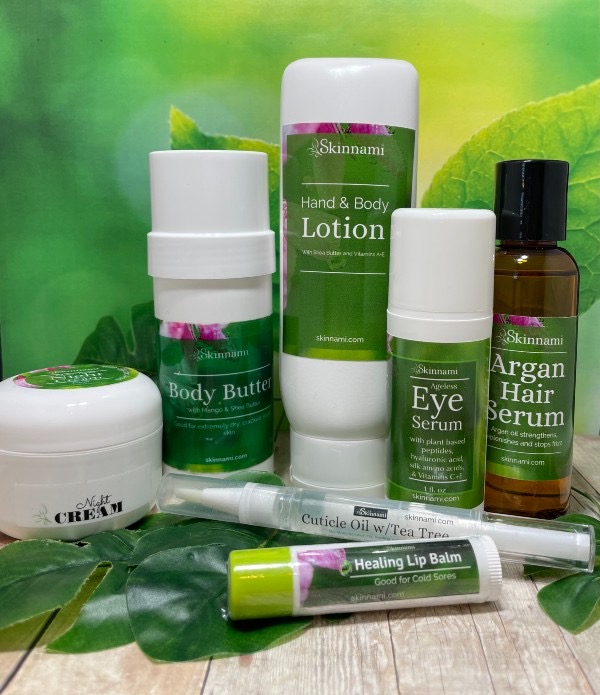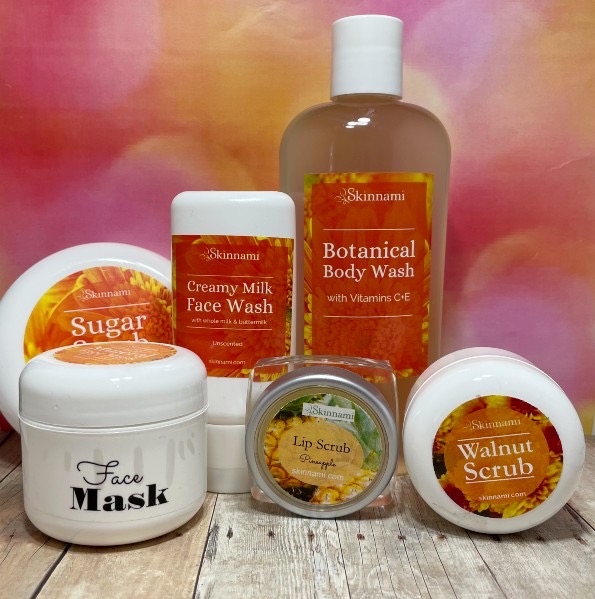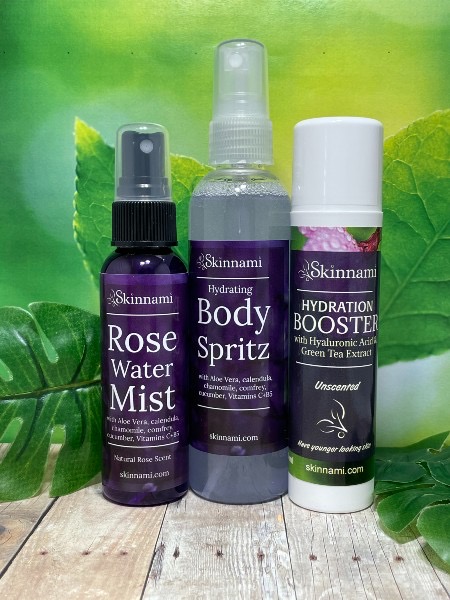What is Eczema?
Eczema is a condition where patches of skin become inflamed, itchy, red, cracked, and rough. Blisters can also occur.
The word eczema is also used specifically to refer to atopic dermatitis, the most common type of eczema.
Eczema is a highly individual condition which varies from person to person and comes in many different forms. It begins as red, raised tiny blisters containing a clear fluid atop red, elevated plaques. When the blisters break, the affected skin will weep and ooze. In older eczema, chronic eczema, the blisters are less prominent and the skin is thickened, elevated, and scaling. Eczema almost always is very itchy.
There are at least 11 different types of skin conditions that produce eczema.
Where does eczema appear on the body?
Patches of chronically itchy, dry, thickened skin, usually on the hands, neck, face, and legs (but it can occur anywhere). In children, the inner creases of the knees and elbows are often involved.
How is eczema diagnosed?
An accurate diagnosis requires an examination of the entire skin surface and a careful health history. It is important for a doctor to rule out curable conditions caused by infectious organisms. Occasionally, a skin biopsy may be sent for examination in a laboratory.
What are the symptoms of eczema?
- Itching . The itching can be intense. The damage to the skin during eczema is often due to scratching.
- The surface of the skin can flake off, giving the skin a rough, scaly appearance.
- The affected skin may bleed and appear blotchy.
- Fluid-filled blisters. These can be itchy and bleeding and can ooze and form crusts.
- Severely affected skin may develop painful, deep cracks, also called fissures.
- Inflamed
- Reaction to irritation, allergies, or bacterial infection
- Common in babies and children.
What triggers eczema?
- Sensitive to Irritants: Soaps, Detergents, Shampoos, and Disinfectants
- Irritated by Allergens: Dust Mites, Pets, Pollen, Mold, and Dandruff
- Prone to Bacterial Infections: Staph Infections, Viruses, and certain Fungi
- Dry and Damaged from Scratching: Rashes, Scars, and Changes in Pigment
Is eczema contagious?
No it is not contagious so you cannot catch it from someone else.
How common is eczema?
Eczema affects about 10% to 20% of infants and about 3% of adults and children in the U.S. Most infants who develop the condition outgrow it by their tenth birthday, while some people continue to have symptoms on and off throughout life.
Is there a cure?
Each type of eczema requires a specific sort of therapy. The easiest eczemas to cure permanently are those caused by fungi and scabies. Allergic contact eczema can be cured if a specific allergenic substance can be identified and avoided.
How can I calm down eczema naturally?
- Warm oatmeal baths, bath oils, and mild soap
- Moisturize within 3 mins. of bathing, while skin is still wet
- Moisturize daily and often with lotions and creams
- Air dry or pat dry, never rub
- Use a humidifier in dry or cold weather
- Use sunscreen
- Ultra violet rays
How Skinnami can help
- Conditioning Aloe Bar
- Botanical Body Wash
- Hand & Body Lotion
- Body Frosting
- Calendula Cream
- Extra Rich Avocado Cream
- Body Butter


